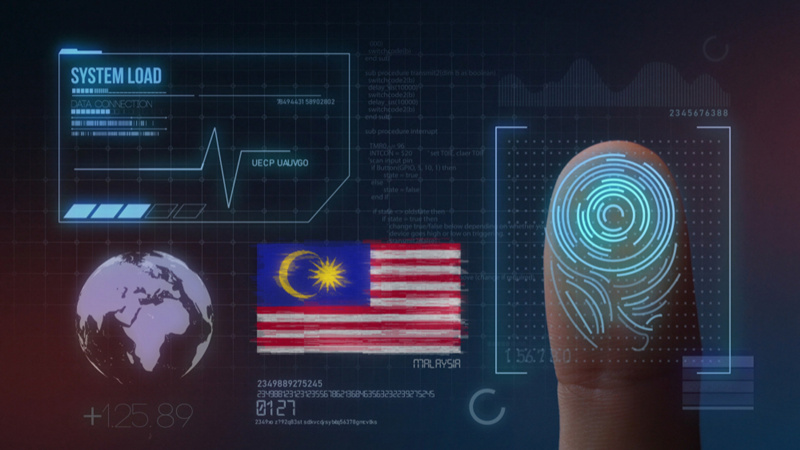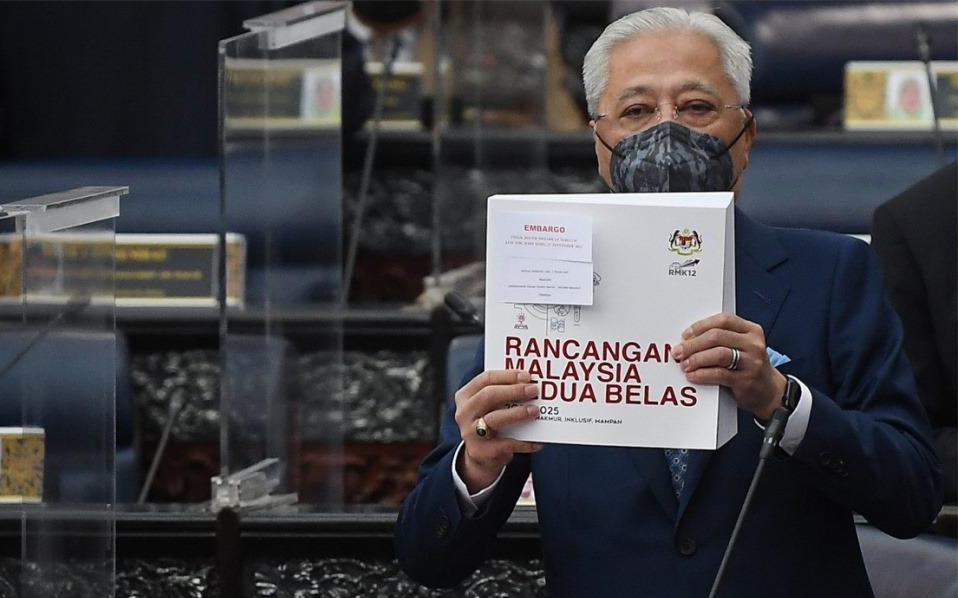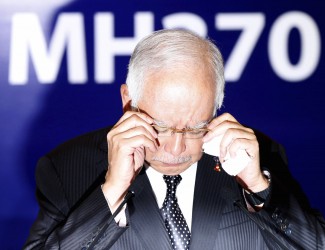(Sources: Malay Mail, The Star, Bernama)
Prime Minister Datuk Seri Ismail Sabri Yaakob today unveiled the five-year roadmap from 2021 to 2025 for the country under the 12th Malaysia Plan, with the aim of achieving “Keluarga Malaysia — Makmur, Inklusif, Mampan” or prosperity, inclusivity and sustainability for the “Malaysia Family”.
The 12th Malaysia Plan (12MP) will have nine areas of focus covering aspects such as the economy, poverty and income gaps. Total development expenditure allocation is estimated to be RM400 billion.
There are four main goals in the 12MP:
- GDP growth is targeted at 4.5% to 5.5% per annum in the period of 2021-2025.
- Average household income is estimated at about RM10,000 per month in 2025.
- GDP per capita gap between Central Region and Sabah to be reduced to a ratio of 1:2:5 and 1:1:2 with Sarawak in 2025.
- A reduction in the intensity of greenhouse gas emissions by 45% to GDP in 2030, in line with the Paris Agreement 2015.
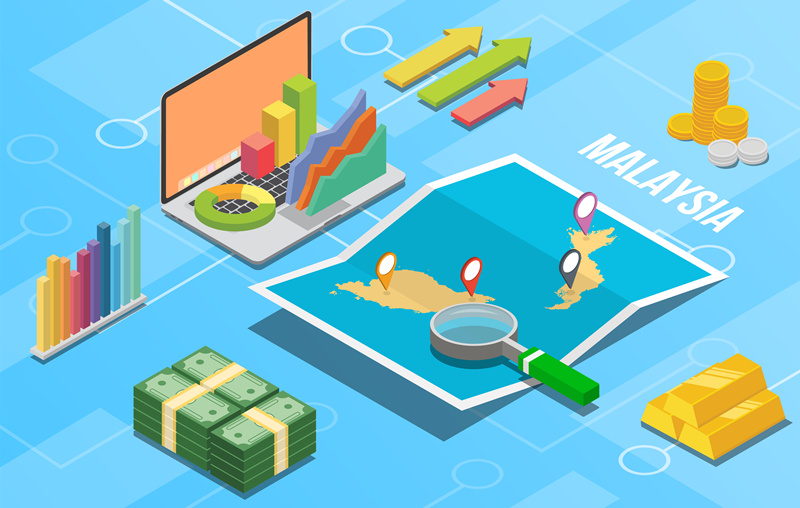
Here are some of the highlights in terms of policies, actions and plans from the nine focus areas under the 12th Malaysia Plan:
Employment
Government to ensure more high-skilled jobs created by attracting high-technology new investments, encouraging industries to shift to automation and mechanisation in production, limiting entry of low-skilled foreign workers, enhancing industries-academia collaboration. In the long term, foreigners in the Malaysian workforce to be limited to a maximum 15%. Economy set to return to full employment with an unemployment rate of 4% by 2025.
Affordable Housing
Government to build 500,000 affordable homes for income earners in the B40 and M40 groups; RM2.25 billion allocation during 12MP period to build and repair 85,500 housing units for the poor under Program Bantuan Rumah.
Transportation
Malaysia aims to become a transport and logistics hub in the South-East Asia region by 2025, with initiatives to be introduced to enhance the competitiveness of the transport and logistic sectors. Initiatives include enhancing efficiency and leveraging digitalisation in transport and logistic services, at the same time contributing towards improving cargo-handling processes, increasing cargo volume and enhancing trade. Accessibility to public transport will be improved by integrating various modes of transport and encouraging transit-oriented development (TOD). The efficiency and connectivity of public transport will be improved in order to propel public transport as the first choice for travel.
Healthcare
A blueprint for Malaysia Healthcare System Reform will be introduced as a new way forward for national healthcare transformation. A study will be undertaken to strengthen the healthcare sector landscape which will include public healthcare sector transformation, private healthcare sector regulatory reform and sustainable health financing, in order to introduce healthcare policy under the redesigning the healthcare service strategy to enhance the healthcare service delivery. Two other strategies in enhancing healthcare service delivery are strengthening health financing and public awareness as well as leveraging technology.
Eradicate Poverty
Eradicate hardcore poverty by 2025. New specific units at federal and district levels will be set up with officers given specific duties to handle poverty at district-level. Targeted financial aid such as cash handouts and social protection to continue. Programmes costing RM1.5 billion to be enhanced to improve B40 marketability, wellbeing and purchasing power. Fixing poverty also means closing educational and nutritional gaps. B40 students to get priority for enrolment in prestigious schools and scholarships. Government to provide nutritious food to address increasing malnutrition among B40 children. Government to ensure M40 children have access to quality education at reasonable costs, and encourage M40 to buy health, work insurance at affordable rates while training for M40 would be enhanced.
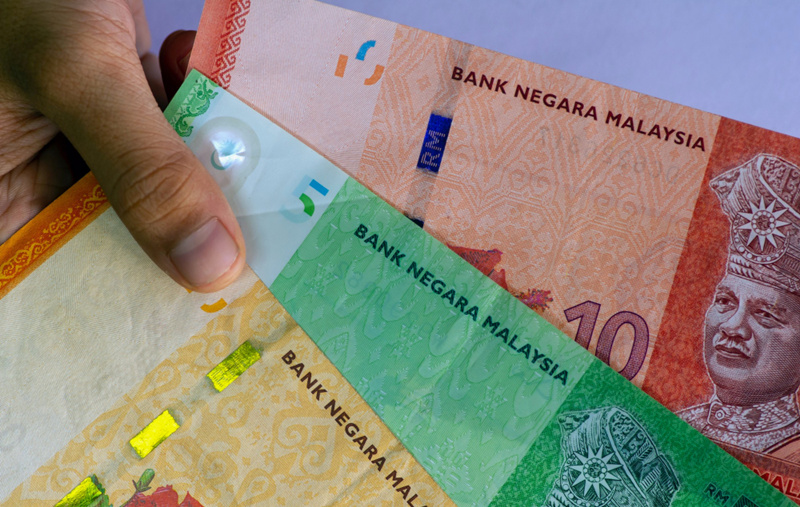
Bumiputera
New programmes, funding to improve Bumiputera businesses’ sustainability to hit 15% contribution to GDP by Bumiputera micro, small, medium enterprises in 2025. Strengthen Bumiputera home ownership quota policies and implementation through closer cooperation with federal government, state government, local councils. To introduce safety net for sustainable Bumiputera equity ownership, where Bumiputera companies or Bumiputera shares only offered and sold to other Bumiputera consortiums, companies or individuals. Holdings and disposals of ownership in Bumiputera companies to be regulated by related ministries and agencies.
Needy Groups
Education for Orang Asli to be improved, enhanced their opportunities of receiving education until Secondary Five. Low-income Chinese community in new villages to have improved access to special business loan scheme, improved infrastructure, social amenities to continue. Government to continue supporting skills enhancement, targeted aid, entrepreneurship opportunities for Indian community, especially those with low-income. Continued empowerment of disabled community with programmes such as job coaching, entrepreneurship programmes, special career fairs, independent living centre services. Government plans to increase senior citizen centres from 140 nationwide currently to cover all parliamentary constituencies. should have more elderly-friendly cities in future, as Malaysia is expected to be an ageing nation by 2030.
Sustainability
PM gives commitment for Malaysia to be neutral carbon country as early as 2050, says no new coal power plants will be built. Several gas power plants in Peninsular Malaysia to replace coal power plants. Renewable energy generation (solar, biomass, biogas) targeted to increase to 31% of all installed capacity in 2025.
Voting Age
Government will ensure Undi18 constitutional amendment — which enables Malaysians aged 18 to vote — will be implemented soonest.
Digitalisation
Government targets digitalisation of government services or end to end online services to be improved to 80% in 2025. Government departments, agencies to be restructured to reduce bureaucracy. Government to improve selection and intake of managing officers and professionals to get the best talent. Study proposal to introduce law for clearer separation of powers and responsibilities between members of administration and civil servants.
